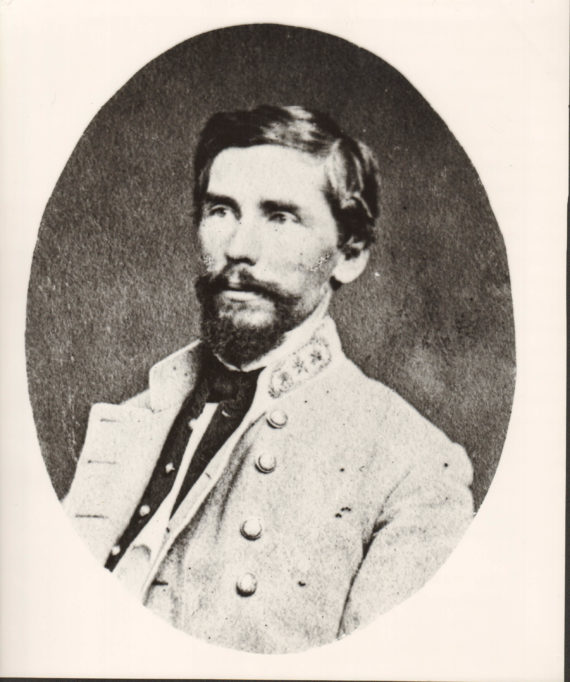Monday, January 14, 2019
The Manliest American Who Ever Lived and the Gun That Didn’t Stop Him

Teddy Roosevelt, America’s 26th President, ascended to the job when his boss, William McKinley, succumbed to an assassin’s bullet in September of 1901 (Read the story of his assassination here – The Assassination of William McKinley: Of Hopeless Causes and One Seriously Pathetic Pistol).
More @ Guns America
"I hear the South callin' me...I got that Mason-Dixon fever, Lord it's in my soul...." Toy Caldwell

The following is a transcription of a speech given at the inaugural Education Conference of the Alabama Division of the Sons of Confederate Veterans:
‘The best men of the South have long desired to do away with the institution and were quite willing to see it abolished.’ – Robert E. Lee
‘Most informed men realized that slavery was not an institution which would last forever; that soon it would have to be modified, and eventually, relinquished. They knew that the South could not maintain it very long after it ceased to serve a useful economic and social service, and that its utility was nearing an end. They wished, however, to choose the hour and method by which they should decree its gradual extinction. Knowing the complexity of the problem, they did not desire to be whirled into a catastrophic social revolution.’ – Pulitzer-winning historian J. Allan Nevins
The story of Patrick R. Cleburne is well-known among Southerners, but Cleburne was not the first American – nor even the first Confederate – to propose arming and freeing slaves as a means of defense against foreign invasion. In fact, it was no less a figure than George Washington during the War of American Independence. As James Madison suggested, ‘To liberate and make soldiers at once of the blacks’ was ‘more consonant to the principles of liberty which ought never to be lost sight of in a contest for liberty.’
More @ The Abbeville Institute
Subscribe to:
Comments (Atom)

